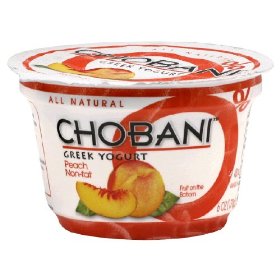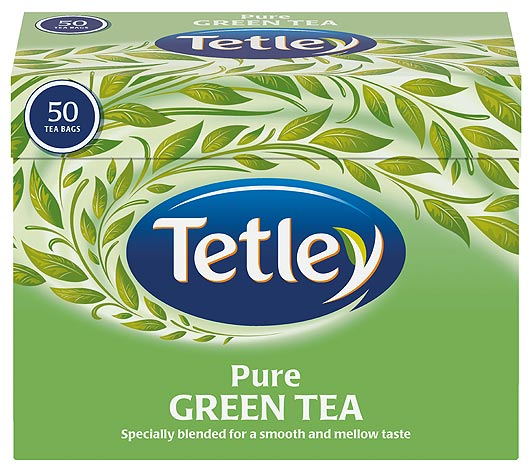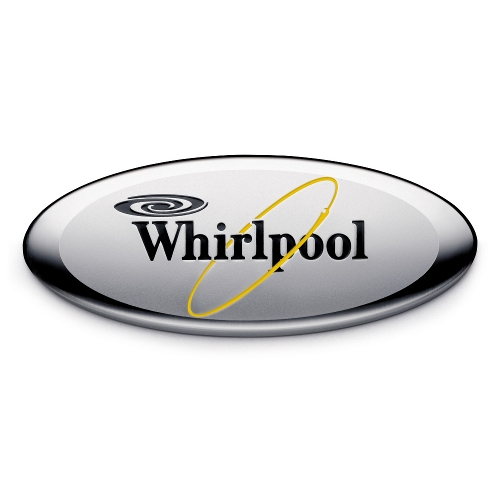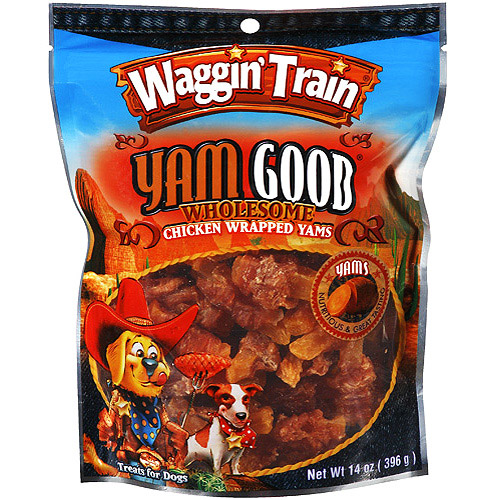It’s been a week for wage and hour lawsuits and settlements…
 Top Lawsuits
Top Lawsuits
Paycheck Games? Gamestop got hit with a wage and hour class action lawsuit this week, alleging the company committed several California Labor Code violations including systematically neglecting to pay their employees for all hours worked. Really?
In the Gamestop wage and hour class action, employees alleged in their lawsuit that they were required to clock out of Gamestop’s timekeeping system and continue working off the clock to fulfill their daily tasks. Additionally, the lawsuit alleges that Gamestop “consistently does not allocate enough labor hours such that there is not enough time for the employees to complete their required duties within the allocated labor hours.” As a result, the Complaint claims that these employees were systematically denied compensation for the actual number of hours worked. Sound familiar?
Wait—there’s more. The lawsuit also asserts that the Gamestop employees were regularly denied meal and rest breaks, and there was no policy in place to compensate employees for missed meal or rest breaks. Specifically, the lawsuit claims that, “Plaintiff and California Class Members are required by [Gamestop] to work alone, or with an employee that cannot be left alone in [a Gamestop] store, for the first five (5) hours of their scheduled shift.”
The case, filed June 5, is pending in San Diego, CA, in case you know anyone…
Top Settlements
Continuing with our theme of wage & hour lawsuits…
Pharma Sales Reps Get Their Due. This time a settlement—a final approval, in fact,—of a $99 million settlement in the nationwide wage and hour class action brought by Novartis Pharmaceuticals Corp. sales representatives. http://www.lawyersandsettlements.com/settlements/16682/99-million-settlement-approved-in-novartis-sales.html
On May 31, Judge Paul A. Crotty of U.S. District Court for the Southern District of New York approved the settlement following a fairness hearing held the same day. This follows the preliminary approval of the settlement granted by Crotty in January. The settlements are the result of two lawsuits filed in 2006 citing violations of the Fair Labor Standards Act and California and New York laws (30 HRR 91, 1/30/12).
The final order and judgment allocated $70,758,500 to settlement awards for class members; $27,608,000 to attorneys’ fees; $400,000 to reimbursement of litigation fees; and $233,500 to class representatives and others involved in the case.
The $233,500 included compensatory damages and service awards ranging from $20,000 to $40,000 for each of five named plaintiffs.
And now for something completely different—how about a little consumer fraud? (Served with a healthy portion of “Oh no you don’t”.)
Kross To Bear? Krossland Communications—Krossland calling cards?? Ringing any bells? Well, a settlement has been reached. Here’s the summary notice, “issued in accordance with the Court order dated May 21, 2012 preliminarily approving the settlement of a consumer fraud class action entitled Carol Galvan, et al. v. Krossland Communications, Inc., United States District Court, Central District of California, Case No. 8:08-CV-00999-JVS (ANx).”
Lolis Tackwood represents a class of pre-paid calling card customers who purchased certain calling cards distributed by Krossland between August 26, 2004 and May 21, 2012, other than for purposes of re-sale, and other than calling cards distributed by Locus, AT&T, T-Mobile, Boost, Total Call and IDT. A list of those cards affected by this settlement can be reviewed by accessing http://www.KrosslandSettlement.com .
If consumers who purchased these calling cards submit a Claim Form, they can receive a Refund PIN that can be used to make telephone calls to any location in North, Central or South America, at the rate of 20 cents/minute to any telephone number within the United States and any landline telephone number in North, Central or South America, and 50 cents/minute to any cellular telephone number outside the United States in those locations.
There is a total cap of $250,000 on the dollar amount of Refund PINs, less certain fees and costs. Individual claims are capped at $16.00 in Refund PINs, rounded up to the nearest 50 cent increment, based on 30% of the face value of consumers’ eligible Krossland Calling Card purchases during the Class Period, subject to possible proration as described in the full class settlement notice. The Refund PIN may be used within 1 year of activation, and a deadline for using this PIN shall be provided with the PIN. Settlement Class members can submit a Proof of Claim Form online at http://www.KrosslandSettlement.com or by requesting a Proof of Claim Form from the Settlement Administrator and submitting it to the address below.
To be excluded from this settlement, or to object to the settlement, Settlement Class Members must follow the instructions in the Notice described below. The deadline to opt out of the settlement is August 6, 2012. The deadline to submit any objection is July 27, 2012.
This is only a summary of the settlement. For additional information regarding this settlement, the full Notice of Class Action Settlement (“Notice”) is available at http://www.KrosslandSettlement.com.”
Ok—Happy Friday Folks. See you at the bar! Oh yes!









 Top Class Actions
Top Class Actions